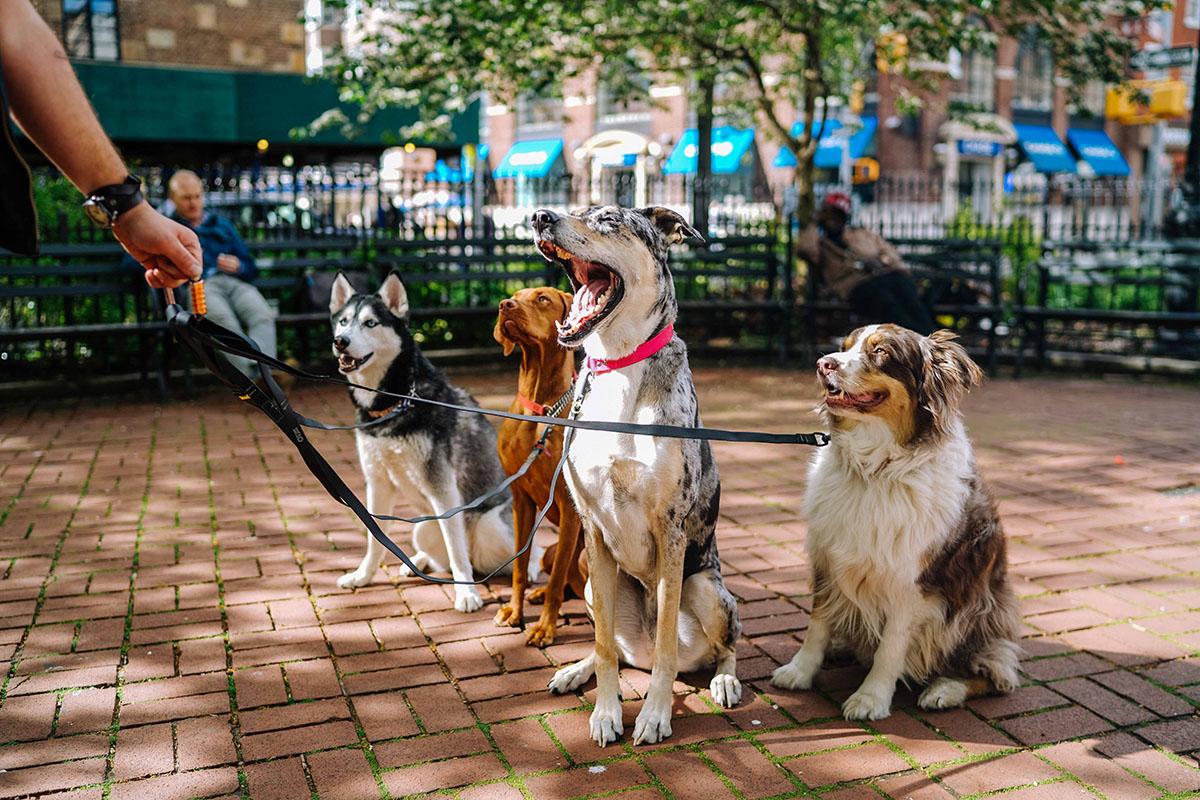IHAC Receives $1 Million Grant from PetSmart Charities to Explore Equitable Access to Veterinary Care

In the United States, an estimated 50 million pets annually do not receive basic veterinary care. The Institute for Human-Animal Connection (IHAC) has partnered with PetSmart Charities to help change that.
With the help of a $1 million grant from PetSmart Charities, IHAC, which is housed in the University of Denver’s Graduate School of Social Work, will partner with 30 non-profit organizations selected by PetSmart Charities to improve access to veterinary care, work that builds on research IHAC has been conducting for five years. Through this new partnership, IHAC will develop a research and evaluation structure to help local organizations.
In its first year, IHAC will work with Latinx and Spanish-speaking communities. In subsequent years, the focus will shift to collaborating with groups that will provide pet support services in other historically excluded communities.
“Thriving partnerships are key,” says Kate Atema, director of community grants and initiatives at PetSmart Charities. “We’re excited to leverage IHAC’s expertise during the entire lifecycle of this innovative multi-year grant process. The critical insight they uncover promises to inform our grantees’ culturally sensitive, community-grounded practices. This partnership can create lasting impacts for pets and people – together.”
Kevin Morris, executive director of IHAC, says cost is the number one reason people in historically excluded communities are unable to take their pets to the veterinarian, but other factors like transportation, hours of operation and weekend availability also play a role. And with this grant, IHAC will start to chip away at the various barriers to access.
The work is, in part, a continuation of IHAC’s Pets for Life as One Health study, which measured the impacts of community-based animal welfare intervention on public and environmental health. The findings of that study, says Sloane Hawes, IHAC’s assistant director of research, demonstrated how targeted programming can increase the perceptions of access to pet services in underserved communities.
IHAC research associate Celeste Morales will manage the research and evaluation portion of the project, conducting focus groups and interviews with community members to collect baseline data to help understand the communities’ experiences, wants and needs.
“The partner organizations will build out their programs based on community input and on community-specific challenges that they share, the barriers they’ve experienced, and what they see as being important to them in terms of accessing veterinary care in their community,” Morales says.
Community input is paramount to the success of this project.
“Involving the communities in the process of generating shared solutions to address access to care is going to be more powerful than any one person’s expertise or knowledge can bring to the table,” Hawes says.
By creating equitable access to veterinary care and pet support services, more pets will stay with their families, preserving the important and meaningful human-animal bond.







